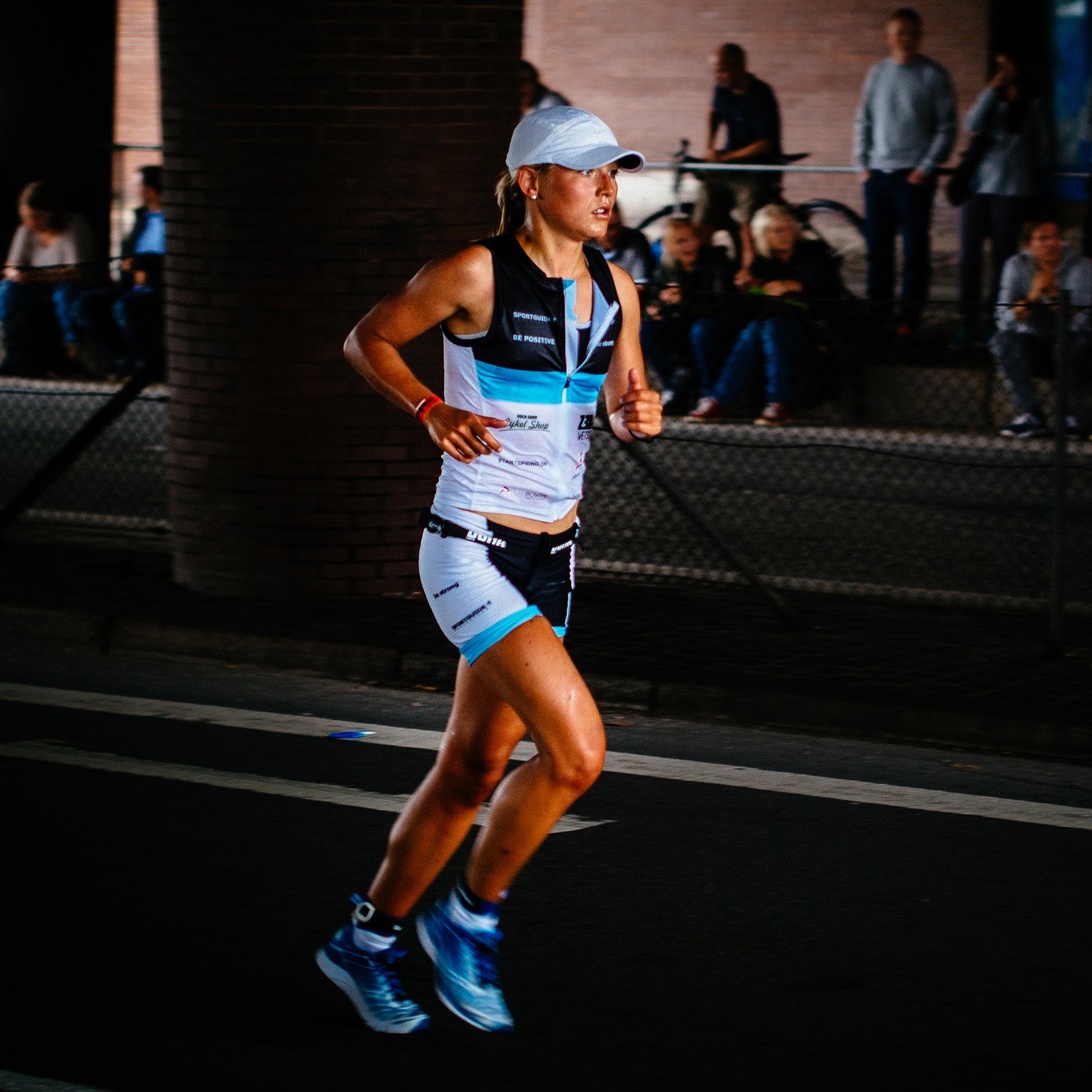Good news: Midnight is as good a time as any to chase a new personal record. In fact, if you’re not a morning person, a nighttime race may be just what you need to perform at your best, says extreme athlete , who’s run . He also finished a respectable 14th in Portland, Oregon’s 2014 .
“I’m a night owl and I run my best at night, so I love any opportunity to race when I feel the most prepared,” says Rauschenberg, author of the book . “For someone who usually only gets to run in the morning, this could be their chance to find out if their body responds better at a different time of day.”
have found the optimal time for workouts involving endurance, power output, and aerobic capacity to be between 4 p.m. and 8 p.m. Mostly, though, experts say that the body will perform best at whatever time it’s used to training—so if you don’t consistently exercise after dark, you might want to put in a few nighttime runs before the race. (Midnight practices aren’t so practical, but even an 8 p.m. or 9 p.m. run can help your body adjust to the workout after a long day.)
As for race day, you’ll want to make adjustments to your everyday routine in the hours leading up to your event. Here’s how:
Pre-Race Meal
Just as a big fatty breakfast is off limits on the morning of a normal race, a giant dinner (or an especially late one) isn’t a good idea before toeing the line at midnight.
“Swap your meals around on New Year’s Eve,” says , a New York Road Runners coach who’s run multiple . “Have a big breakfast and a decent-sized lunch, but stick with basic breakfast stuff, like a bagel, for dinner, and make sure you give yourself two or three hours to digest.”
Races that will take longer than an hour to complete—if you’re running the nighttime leg of a Ragnar relay, for example—may require additional fueling, like an energy gel 30 minutes before the start, Honerkamp says. But if it’s just a 5K or 10K New Year’s fun run, save the extra calories for your post-run celebration.
Pre-Race Activities
Take a daytime nap on December 31, especially if you’re not used to being up so late, says Rauschenberg, and don’t tire yourself out by doing anything too strenuous beforehand. But don’t sit on your butt all day, either. Go for a walk, stay active around the house, or stand up and stretch your legs for a few minutes every hour. “It’s helpful to stay loose so you’re not feeling stiff and tight when you finally get around to race time.”
If you’re considering hitting up a few New Year’s Eve parties before the run, feel free—but stick with water, or bring-your-own festive electrolyte beverage. One drink probably won’t affect your coordination or speed, but it can mess with your body’s ability to regulate temperature and heart rate (so the race may feel tougher), and it can hinder your recovery, too.
Post-Race Recovery
After the race, you’ll certainly have earned that victory beer or champagne—but keep in mind that if you’ve been fasting for a few hours and are coming off a strenuous workout, the effects of alcohol will hit you faster than usual. Grab a snack first, and go easy on the booze.
Chances are you’ll feel wide awake coming off a hard run, especially if you went all out, so staying up for a few hours might be easier than going straight to bed. But don’t stress too much about ignoring your bedtime. “A lot of people are not going to get a great night of sleep on New Year’s Eve, and not jut because they’re running,” says , an instructor of sleep medicine at the University of Pennsylvania.
One night of late-night exercise, and post-race revelry, “probably won’t cause problems in the long run,” says Grandner. Just make sure you get at least four hours of sleep and don’t plan anything too strenuous or potentially dangerous—like a long hike or drive—the next day.
If you’re going to get less than three or four hours of sleep, Grandner says you may be better off staying up all night and taking a nap the next afternoon. Waking up during slow-wave sleep, which makes up , can leave you feeling groggy the next day.
Bottom line: Get in a few nighttime practice runs. On race day, rest up and eat a light dinner before you toe the line. Save the champagne for after you cross the finish line, then hit the showers and have a great time ringing in 2015. Just aim for at least four good hours of sleep, and get to bed early the rest of the week to recover for lost shut-eye. Good luck, and Happy New Year!


